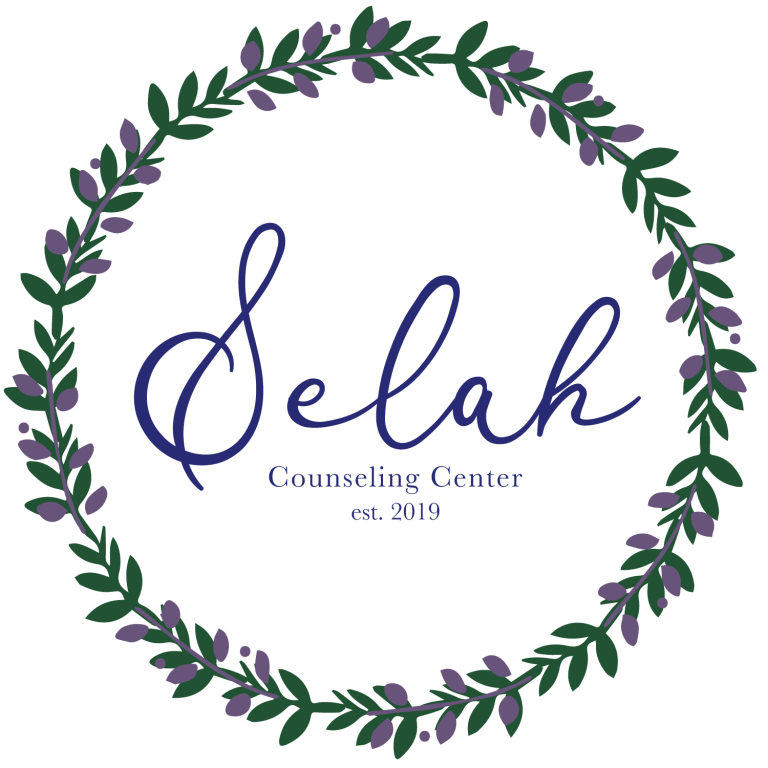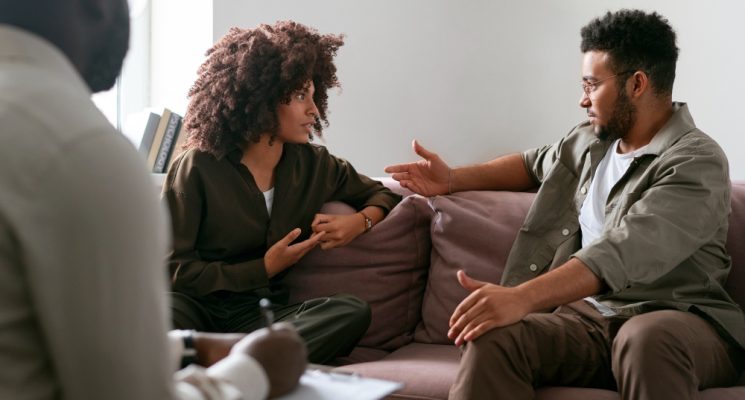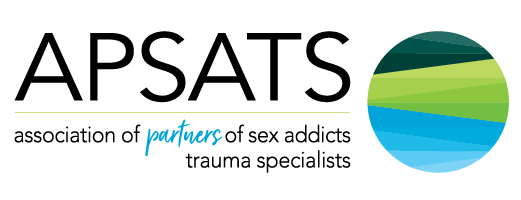Marriage is the primary attachment relationship in adulthood. This bond is so important that when it’s threatened or missing, partners typically fall into one of two very understandable, but completely different, coping styles: pursuing to restore connection, or pulling away to avoid damaging it further. This opposing cycle of pursue/pull-away can be crazy making for each person involved, who underneath it all, shares the same need to be safe, connected, accepted, and loved.
Clients often begin couple’s counseling hopeful the therapist will see their pain, anger, or frustration and illuminate what changes their partner should make. One of the first tasks in this work is for each person to lay down their personal agenda or need to be “right” and pick up the curiosity necessary for connection and vulnerability to flourish.
If you and your partner are committed to working as a team but need guidance to get there, schedule your free 20 minute intro call today! Please note, each partner will have their own one-on-one therapy session prior to couple’s counseling. *insert scheduling link*
Is Individual Therapy Needed?
Couple’s counseling tends to reveal unhealed relational wounds that developed long before partners met. Because of this, clients often benefit from the support of an individual therapist or life coach alongside couple’s therapy. For ethical reasons, the individual counselor and couple’s counselor are different clinicians. I am open to collaborating with other helping professionals to provide the most comprehensive care possible.
Marriage therapy is based on the assumption that relational problems and solutions are bilateral, meaning each person makes a different, but proportional contribution. While there is a great deal of wisdom in this approach, it can also cause great harm when applied to destructive relationships. Couple’s therapy is contraindicated in relationships marked by unhealthy power imbalances such as physical, sexual, and emotional abuse, or when one party is engaged in active addiction. In situations where couple’s counseling is not advisable or premature, engaging in individual therapy can help both partners gain clarity and coping skills to determine next steps.
Additional Resources:


